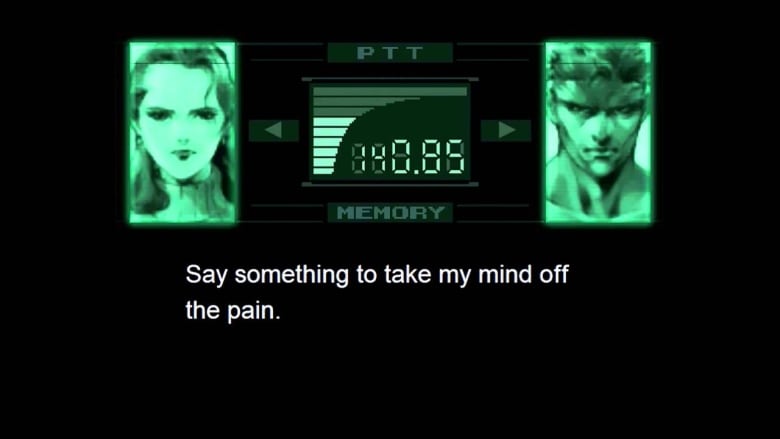'We won': Video game voice actors end months-long strike

After nearly a year on strike, video games are laughing again — as well as providing important exposition, yelling "Look out!", and uttering excruciating death groans.
Video game voice actors are heading back to the recording studio. The Screen Actors Guild‐American Federation of Television and Radio Artists (SAG-AFTRA) union and a representative for several major gaming publishers said Monday they reached a tentative agreement on Saturday to end the 340-day strike — the longest in the union's history.
They had been striking against 11 major video game companies including Activision, Electronic Arts and WB Games. The companies are responsible for several major gaming properties, including the Call of Duty franchise, games based on Batman and other DC Comics, and games in the Star Wars and Need for Speed franchises.
- 'One time, I actually threw up': Why video game voice actors are on strike
- Video-game voice actors, publishers reach agreement to end strike
Jennifer Hale is one of the voice actors who was on strike. Born in Goose Bay, Nfld., she's appeared in games that have sold millions of copies worldwide. She's perhaps best known for the Mass Effect series, in which she voices the main character Commander Shepard.
"We went into renegotiate our contract, as happens every three years. The Corporate 11, as we call them, that we were negotiating against, said no to literally everything that we asked for in the beginning," Hale told As It Happens host Carol Off.
Key victories for the actors include increased bonus payments for actors who record multiple sessions for a single video game, and increased transparency for the types of roles they're working on.
"When we are presented with an opportunity to work, we don't know what the game is," said Hale. "Most everything's under an NDA (non-disclosure agreement) and they use code names. So a game called 'Pineapple' could be the third installation of a massively successful game and our agents would not know that."
They also demanded stunt coordinators for complex stunts done in performance capture videos, and better assurances to avoid serious vocal injuries.
"We have members who've lost their voices for months. Sometimes permanent damage — you know, bleeding from sessions, because the battle games, especially, are really demanding of someone's voice," says Hale.

Bonus payments
Video game voice work does not provide residual payments that are typical in other entertainment media, like television or films. Unless they're one of the handful of high-profile actors who can negotiate their deal going into a project, they're given a flat fee for the recording session, even if the game goes on to sell millions of copies worldwide.
"One of the early games I did, way back when, I did two sessions. I made scale, so it was just around $1,600 that I made — just shy of that. I was one of the female leads. And the game went on to make 276 million dollars," says Hale. (All figures in US dollars)
"Had I been an on-camera actor, on a project like that, my quote, as they call it, would have gone through the roof. And my financial future from that point forward would have been quite different. But because we're voice actors, the companies producing these games find us easier to dismiss."

The new agreement awards voice actors a bonus payment based on the number of recording sessions for a game, and increases the more sessions are recorded for a single project, starting at $75 for the first sessions and up to $2,100 for 10 or more sessions.
The union originally demanded a bonus payment of $825 for every 2 million copies a game sold, with an upper limit of $3,300 for a title that sold 8 million copies or more. Residual payments were not granted in the agreement.
"It wasn't, obviously, as big as we would have liked, but it also opened the door to our acceptance that yes, we are a part of making these games successful," says Hale.
Will games developers unionize?
The wider video game industry has kept their eye on the strike for any implications it might have on the majority of people who make games: the developers, programmers and designers.
Any major capitulation from the video game companies to the voice actors could be seen as leverage for them to unionize or push for better job security themselves.
The games industry is notorious for "crunch" — extended periods of working 12-plus hour long days, evenings and weekends to meet deadlines.
But it also shares history and culture with the tech industry, which has long resisted unionizing, compared to the entertainment industry.
"The only way voice actors are getting residuals is if the entire [video games] industry unionizes, and nothing suggests that's ever going to happen," tweeted games industry reporter Patrick Klepeck.
With files from the Associated Press.